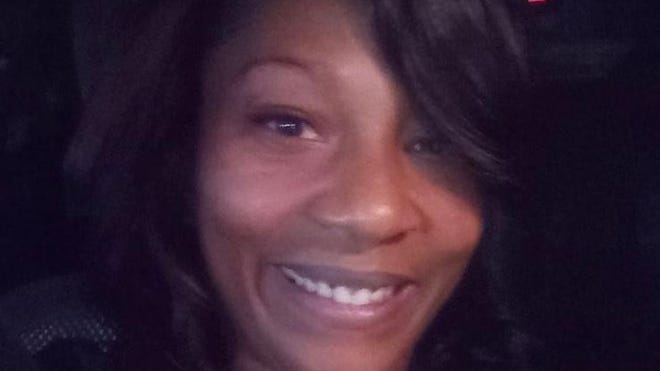The horrific, preventable death of Sonya Massey is yet another reason Black Americans struggle to trust law enforcement. On July 6, a sheriff’s deputy shot Massey in her home in Illinois, after she called 911 for help.
Body camera video shows Sangamon County Sheriff’s Deputy Sean Grayson shoot Massey as she followed police instructions to remove a pot of hot water from a stove top. The situation escalated quickly, with Massey given almost no time to put the pot of water down before Grayson pulled his gun and shots were fired.
Her last words, “I rebuke you in the name of Jesus.”
Grayson has been arrested and indicted on first-degree murder and aggravated battery charges.
Yet, that isn’t justice for Massey. The now former deputy’s arrest doesn’t satisfy the grief bellowing in the victim’s family and among Black Americans. Her death is a symptom of the systemic racism that continues to drive violence against Black and African Americans.
Police brutality disproportionately affects Black communities in America. While much of the discourse centers on Black men, Black women also experience significant and often overlooked trauma from police violence.
Even worse, the pervasive nature of police violence fosters a deep distrust in law enforcement and the justice system, making it difficult for Black women to seek help when they need it.
‘Sonya Massey deserved better. We all do.’

Celebrities, politicians and civic leaders have addressed the atrocity of Massey’s death.
President Joe Biden said he and first lady Jill Biden “mourn with the rest of the country and our prayers are with Sonya’s family, loved ones, and community during this devastating time.”
Jamila Hodge, CEO of Equal Justice USA, said in a statement sent to me: “In this moment of hope for our country to recognize the leadership and value of Black women, we are yet again reminded that Black people are not safe at the hands of police, whether calling for help, being pulled over, or sleeping in our own homes. It is beyond comprehension why our country continues to pour billions into policing instead of proven community-based and trauma-informed responses. We must end the centuries of racist policies in our criminal legal system that enable this tragic killing and harm. Sonya Massey deserved better. We all do.”
For Black women who survive police violence, the psychological toll can manifest into post-traumatic stress disorder, heightened anxiety and hypervigilance, and constant fear of potential police encounters.
My son has autism.Schools misunderstand him. I fear police will, too.
‘You cannot grow, you cannot think’
I spoke with Raquel Martin, a clinical psychologist and podcast host, about the effects of PTSD on societal relationships.
“Police brutality negatively impacts the relationship with us and the world in the same way racism impacts us,” she said. “It severs the safety of an environment, the comfort of an environment, and you cannot grow, you cannot think, you cannot evolve in an environment that stifles you daily because you are residing in fear.”
Systemic change is necessary to reduce police brutality. We cannot stand by and continue to watch our families be killed off by incompetent, enraged and reckless police officers.
Bananas, diapers and ammo?Bullets in grocery stores is a dangerous convenience.
Black Americans are killed by law enforcement at a higher rate than any other race. Law enforcement members and their agencies must be held accountable.
“Systemic changes would be addressing the police brutality via the lack of training for police officers, the lack of seeing us as human and worthy of respect,” Martin said. “It would be partnering with licensed mental health professionals in the (justice) system to ensure that wellness checks are done by individuals whose primary tool isn’t a weapon, but their mind and their empathy. It would also be to acknowledge that the system is clearly broken and that is not simply enough to repair it, it must be abolished.”
Since the murder of George Floyd in 2020 by a Minneapolis police officer, social justice organizations have sought to implement new policies and police reform to decrease instances of violence between Black Americans and law enforcement officers.
Some initiatives included the ending of qualified immunity for New York City police officers, the deployment of crisis intervention teams for behavioral health crisis in San Francisco and limited law enforcement involvement for low-level traffic stops in Berkeley, California.
The lasting effects of police brutality on Black women are profound and demand urgent attention and action. We can begin to heal the emotional scars of police brutality by enacting systemic reform, fostering community solidarity and providing mental health support for people harmed by the justice system.
It is only by addressing Americans’ biases toward their Black and African neighbors that we can move toward a society that truly values justice and equality for all. The journey to healing and systemic change is arduous but necessary to ensure that women like Sonya Massey aren’t killed by law enforcement when they ask for help.
Marla Bautista is a military fellow columnist at USA TODAY Opinion.



